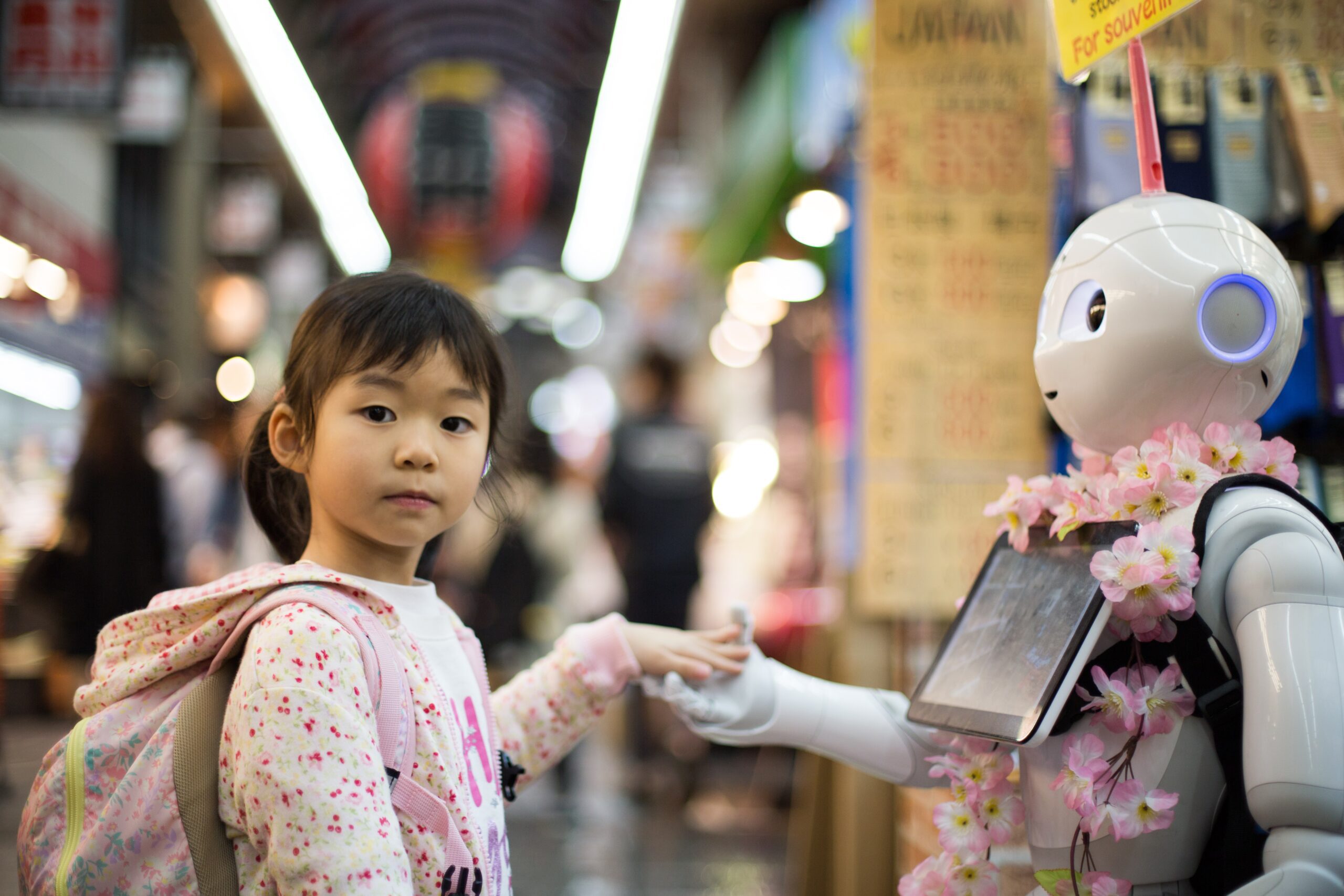As artificial intelligence (AI) continues to advance at a rapid pace, its impact on the job market is becoming increasingly significant. AI-powered automation and machine learning technologies are reshaping industries, creating new opportunities, and transforming the nature of work. To navigate this evolving landscape, individuals, businesses, and policymakers need to proactively prepare for the impact of AI on the job market. Here are some strategies to consider:
![]()
![]()
![]()
![]()
![]()
![]()
![]()
![]()
![]()

-
Embrace Lifelong Learning: In an AI-driven job market, continuous learning is key. Upskilling and reskilling are crucial to remain relevant and adaptable. Individuals should identify emerging skill sets and technologies in their industries and invest in acquiring them. This could involve enrolling in online courses, attending workshops, or pursuing advanced degrees to stay ahead of the curve.
-
Develop AI Literacy: Familiarize yourself with the fundamentals of AI and its applications. Understanding how AI works and its potential impact on specific job roles enables individuals to identify opportunities for collaboration and augmentation. Developing AI literacy will be increasingly valuable across a wide range of industries and professions.
-
Cultivate Soft Skills: While AI excels in performing repetitive and data-driven tasks, soft skills such as creativity, critical thinking, emotional intelligence, and problem-solving remain highly valuable. These skills are difficult to automate and will be in demand as they complement the capabilities of AI. Focus on enhancing these abilities to stand out in the job market.
-
Foster an Entrepreneurial Mindset: Embrace an entrepreneurial mindset by cultivating agility, adaptability, and innovation. AI-driven technologies create new entrepreneurial opportunities, and individuals can explore building their ventures, startups, or consulting services to leverage the potential of AI in their respective fields.
-
Promote Collaboration between Humans and AI: Recognize that AI is not here to replace human workers entirely. Instead, it can augment and enhance human capabilities. Businesses should explore ways to integrate AI technologies into existing workflows, fostering collaboration between human workers and intelligent machines. This approach can increase productivity, efficiency, and innovation within organizations.
-
Encourage Ethical AI Practices: As AI increasingly influences decision-making processes, it is essential to promote ethical AI practices. Businesses and policymakers should prioritize transparency, fairness, and accountability when developing and deploying AI systems. Responsible AI frameworks and regulations can help address potential biases, privacy concerns, and unintended consequences of AI adoption.
-
Facilitate Workforce Transitions: Governments, educational institutions, and businesses should collaborate to create supportive programs and initiatives that facilitate workforce transitions. This includes providing access to affordable education and training, promoting job placement services, and encouraging the reimagining of job roles to align with the changing demands of the AI-powered job market.
-
Foster a Learning Culture in Organizations: Organizations should foster a culture of continuous learning and skill development. Encourage employees to embrace AI technologies, provide training opportunities, and establish mentorship programs. Investing in employees’ professional growth and adapting to the changing landscape will benefit both the workforce and the organization as a whole.
-
Anticipate Job Market Shifts: Stay informed about the evolving job market trends and anticipate how AI adoption may impact specific industries. Identify areas where job roles may be replaced or transformed by AI technologies and explore alternative career paths or industries with higher growth potential.
-
Emphasize Human-Centric Jobs: As AI takes over certain tasks, emphasize job roles that require human-centric skills such as empathy, creativity, and interpersonal communication. Jobs in healthcare, education, social services, and the arts are likely to prioritize these skills and remain less susceptible to automation.
In conclusion, preparing for the impact of AI on the job market requires a proactive and adaptable mindset. Embracing lifelong learning, developing AI literacy, cultivating soft skills, and fostering collaboration between humans and AI are essential strategies. By embracing change, upskilling, and focusing on uniquely human qualities, individuals and organizations can thrive in an AI-driven job market and harness the potential of AI to create a better future of work.